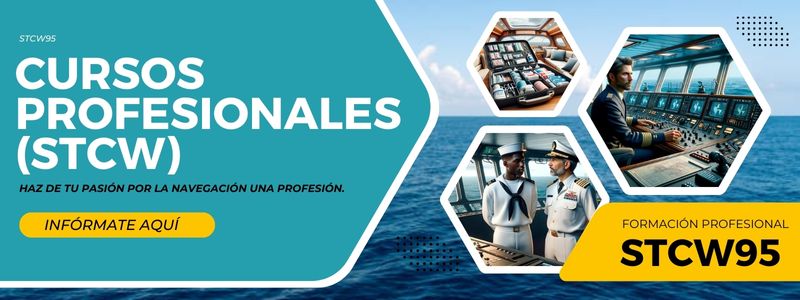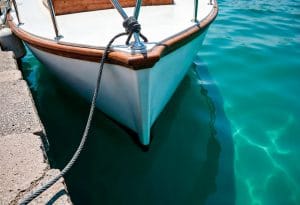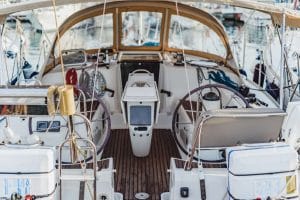The recreational nautical qualifications They enable you to operate non-commercial recreational vessels. But did you know that you can extend these powers through additional licences? Let's take a closer look at what they are and how to obtain them.
What are the Annex Authorizations?
The qualifications attached to recreational nautical certificates are complements that allow the holders of the titles of yacht captain, yacht skipper and pleasure boat skipper to expand their functions. Among the activities that these qualifications allow to carry out, we find:
- Supply transportation: Within Spanish internal maritime waters and territorial sea, up to a maximum distance of five miles from the port, marina, marina or beach of departure, supply transport services may be provided to other vessels or recreational boats.
- Docking, anchoring, towing or moving vessels: Pleasure vessels may be manoeuvred within the waters of ports, marinas or beaches, and moved to another port or location, provided that navigation does not exceed five nautical miles from the coast.
- sea trials: Sea trials of recreational boats and jet skis can be carried out.
- Government of rescue vessels: These qualifications allow you to govern vessels intended for beach rescue.
The holders of the yacht captain titles and yacht pattern They have even more powers. They can skipper recreational vessels carrying up to six passengers for tourist excursions and recreational fishing, up to a maximum distance of five miles from the port, marina, or beach of departure.
How to Obtain the Additional Authorizations?
To obtain the attached qualifications, yacht captains, yacht masters and pleasure craft masters must meet certain requirements:
- Additional powers: They must have all the complementary powers of the recreational boating title they possess, as set out in article 9 of Royal Decree 875/2014.
- Basic safety training: They must have completed the basic safety training course included in Section A-VI/1 of the International Convention on Standards of Training, Certification and Watchkeeping for Seafarers (STCW Code), 1978, as amended, taught in maritime training centres approved by the Directorate General of the Merchant Navy.
The authorisation will be valid as long as both the recreational nautical qualification and the basic safety training certificate are valid.
Differences between Additional Qualifications and Vocational Training (SCTW95)
The additional qualifications and professional training in the field of recreational nautical qualifications have different purposes and requirements:
- Additional Authorizations: These are extensions that allow recreational boating licence holders to expand their powers. The attached licences cover specific activities, such as transporting supplies, sea trials, beach rescue, among others. To obtain them, recreational boating licence holders must meet certain requirements, such as having completed the basic safety training course.
- Vocational Training: The Vocational training in the field of nautical qualifications The recreational training course is aimed at people who want to work in the maritime sector. This training focuses on developing the specific skills and knowledge necessary to practice a profession in the sector, such as that of a sailor, port captain or merchant navy captain. The vocational training courses are more extensive and detailed than the related qualifications and usually require a greater commitment of time and study.
In short, additional qualifications allow you to expand the powers of a recreational nautical qualification already obtained, while vocational training provides the skills and knowledge necessary to work in the maritime sector.





